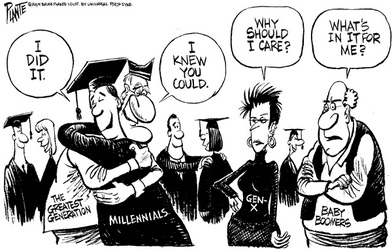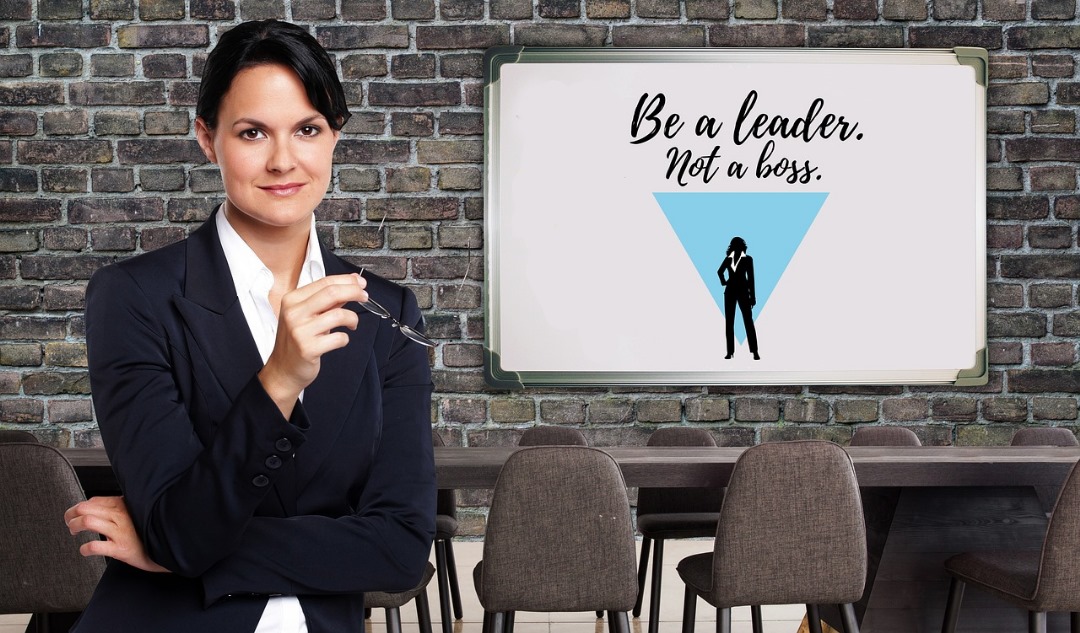Understanding Workplace Generations
In today’s 21st century, organisations and parastatals strive for compliance through a diversified and inclusive workforce in conformity with global best practices. Just recognising the multi-generational differences is not sufficient. The uniqueness and skills of each should be appreciated, accepted, differences respected and utilized. Little wonder, the Nigerian Youths have stormed the streets of the country to tackle fundamental issues in the society while calling for a total overhaul and reform of the country’s toxic, oppressive and failed systems/institutions – bad, poor but yet expensive governance, systemic corruption, security and educational reforms amongst others. In what has turned out to be the biggest movement for change by young people in Nigeria’s history, they have questioned laws and procedures that allow law enforcement officers act with impunity in the mold of rapists, murderers, extortionists, jury and judge – they act as ‘the-all-in-all’.
Millennials and Gen Z are change agents who view social purpose as a personal calling. Having a final resolve to improve the society and world at large, they bring with them a range of enriching talent and inherent qualities. Their involvement through adopting diversified and inclusive programs is a huge asset to any organisation or country in today’s digital age. Though varying views exist on the classification, below is an insight into today’s workplace multi-generations:
| Generations | Years/Age Bracket | Features |
| The Silent Generation (Matures) | 1928 – 1945
(69 – 86yrs in 2014) |
They are loyalists, build a legacy; they are rewarded by the satisfaction of a job well done. They love to get feedback |
| The Baby Boomers | 1946 -1964
(50 – 68yrs in 2014) |
They are optimists; enjoy the performance review kind of feedback; motivated by money, love public recognition |
| Generation X
(gave birth to Gen Z) |
1965 – 1976
(34-49yrs in 2014) |
They are sceptics, want portable careers, preference to comments compared with performance kind of feedback |
| Generation Y or ‘Millennials’ | 1977 – 1994
(18 -33yrs in 2014) |
They are realists, enjoy a multifaceted career, goal-oriented and enjoy the freedom |
| Generation Z: Centennials, Post-Millennials, Plurals or Homeland Generation | 1995 – 2014/15 | They are comfortable with technology, interacting on social media. The iGeneration |
The Paleolithic Versus Digital Age
In today’s changing world of work and society, it is no longer adequate that organisations or countries desiring to have a competitive edge, advancement as well as covet the attainment of the highest productivity levels, should continue in its archaic legislations and ‘business as usual’ attitude. Not only should it tap into and utilize the skill set of her multi-generations; procedures, approaches, and schemes that promote inclusion and diversification should be explored, instituted and implemented in the light of current emergence and world advancement. Why ‘war for talents’ when the country overflows with untapped talents and resources in her teeming youths – IT, inductive and deductive reasoning, technical, analytical creative, logical and critical thinking skills? An in-secured economy not having a functioning rule of law nor a constitution that institutes fairness, justice and is led by outdated demagogues, is an endangered economy.
A country is only as strong as her leaders. The Giant of Africa, it is time you exploit your multi-generations’ potentials so you may attain your place in the world (spiritual and prophetic destiny aside). Let Nigeria awake from her slumbering, leadership slothfulness and tap into the potential of her rich and diversified populace through inclusion in all spheres of leadership and governance. Let her (Nigeria’s) governance be rid of ‘leadership aloofness’. For your socio-economic rebuild, reverse the mismanagement of your ethnic and religious diversity.



The narrative just shows our level of trust vetted on our leaders who are yet to show level of commitment and transparency which cuts across all levels.
lovely articles.